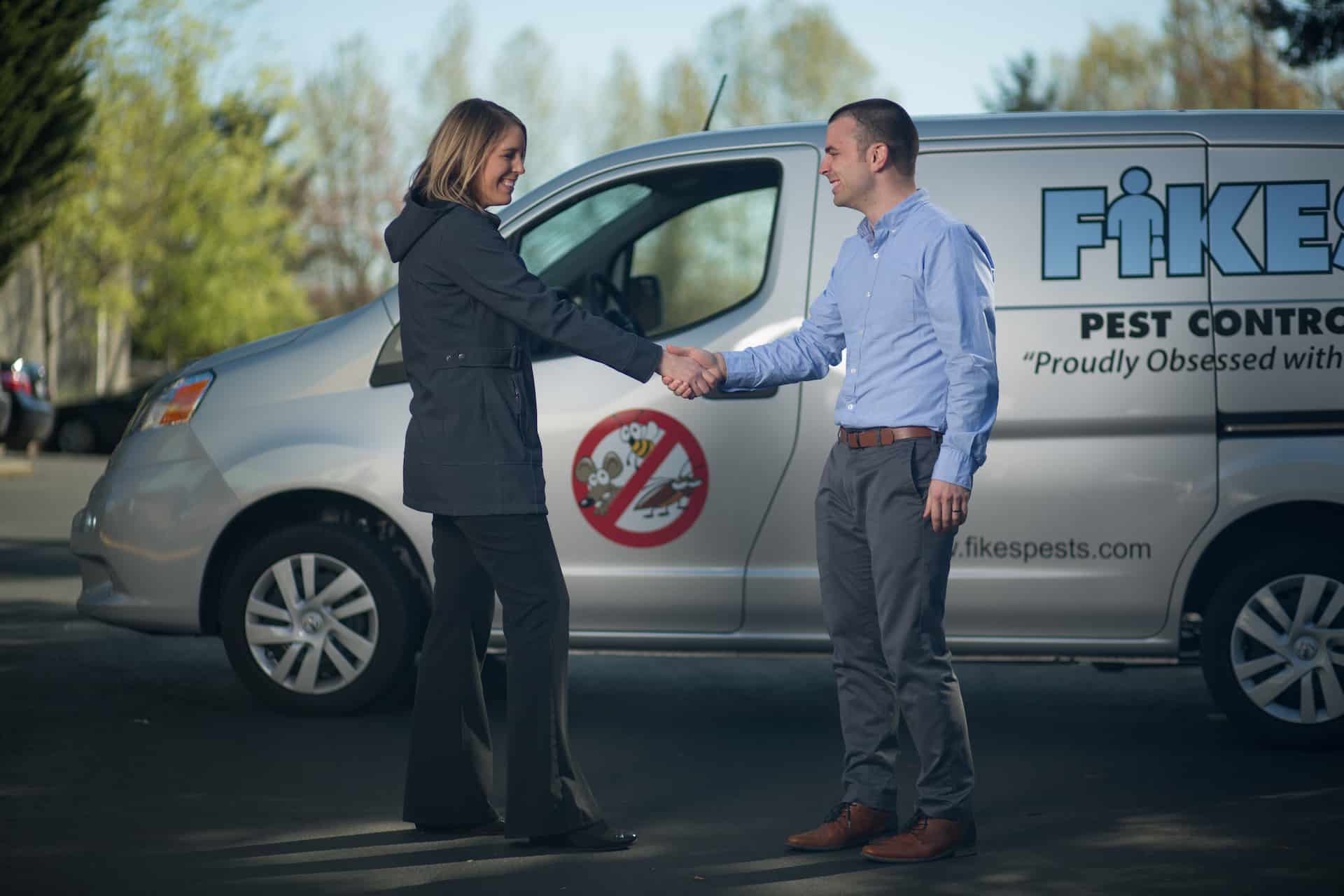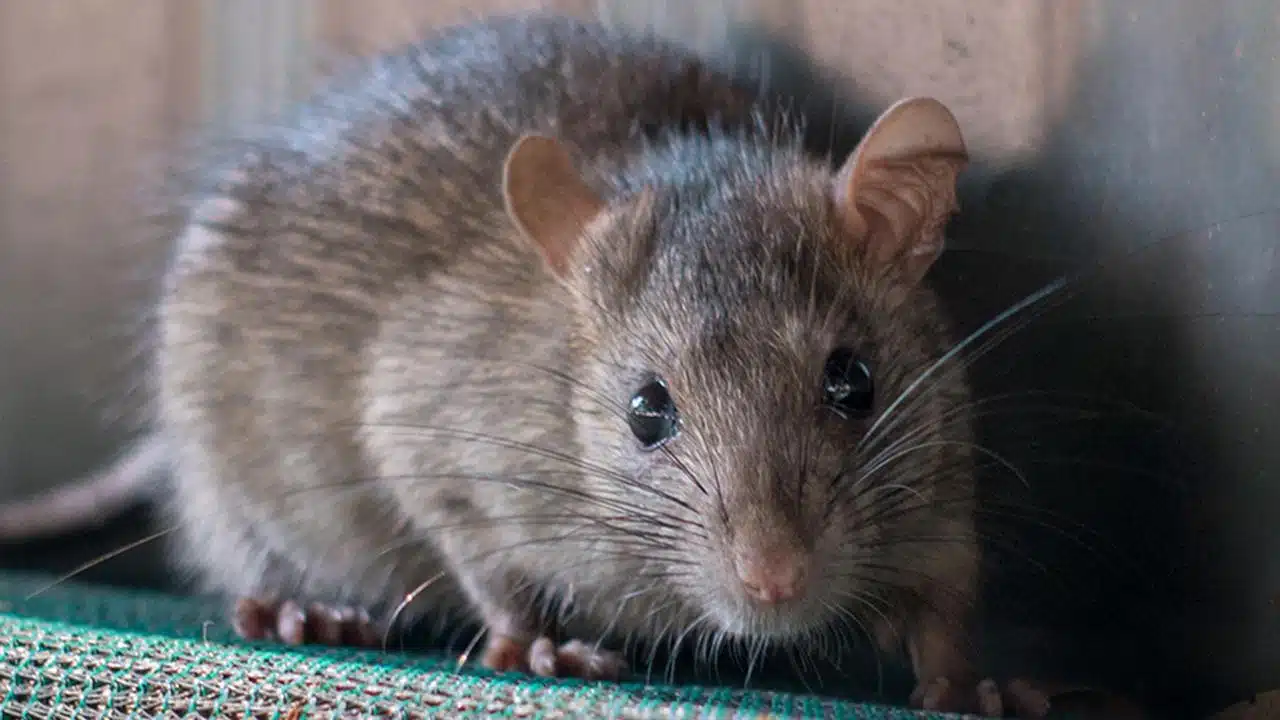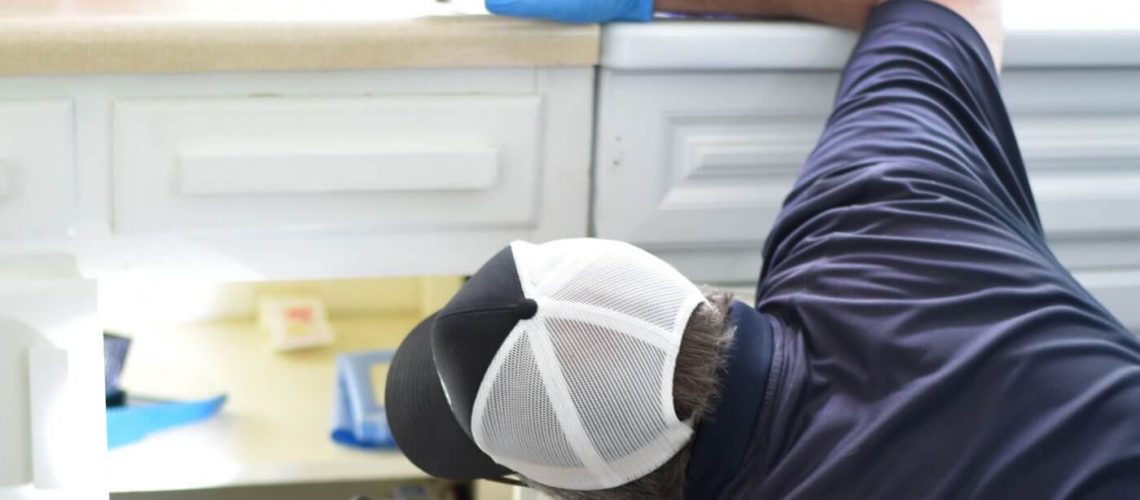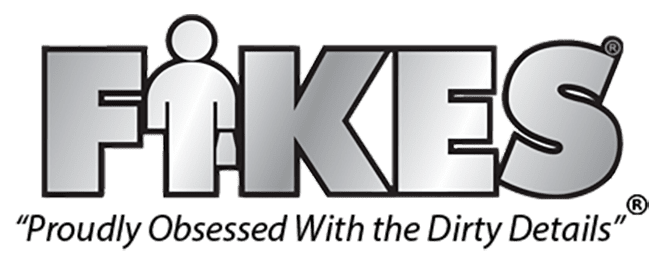Table of Contents
Rodent Exclusion Work in Washington: How Fikes Seals Entry Points
When Washington businesses think about pest control, most picture a technician spraying chemicals around the baseboards, doorways, and outdoor perimeter. Spraying is familiar, and it may stop pests in the short term. But here’s the truth: spraying alone won’t solve the problem. Pests always come back if they can find their way inside.
That’s where exclusion work comes in. Exclusion means inspecting your property to identify cracks, gaps, and openings and then sealing those entry points so rodents, insects, and other pests simply can’t get inside. It’s a long-term solution that not only reduces infestations but also lowers the need for chemical treatments over time.
At Fikes, we’ve seen firsthand that businesses across Washington, from offices and warehouses to restaurants and retail, benefit when pest prevention starts with exclusion. Here’s why this approach is more effective, cost-saving, and brand-protecting than traditional spraying alone.
What Is Exclusion Work?
In plain terms, exclusion is like pest-proofing your building. Instead of only treating the symptoms (pests already inside), it addresses the root cause: how they’re getting in.
- Cracks in walls and foundations give rodents direct access.
- Unsealed utility lines or vents act like highways for pests.
- Gaps under doors and windows allow insects and rodents to slip inside.
- Damaged weather stripping or worn seals around loading docks become easy entry points.
Exclusion work involves carefully inspecting these areas, then sealing or repairing them using materials designed to block pests. For example, rodents can chew through foam but not steel wool or metal mesh. Professional exclusion means using the right materials for each type of opening.
Why Spraying Alone Falls Short
Traditional pest control often focuses on applying treatments that kill pests on contact. While this can temporarily reduce visible activity, it doesn’t prevent new pests from finding their way in.
Here’s why spraying isn’t enough:
- Rodents don’t respond to spraying. If rats or mice have access, they’ll keep coming back until you block them.
- Spraying doesn’t stop new infestations. Once the chemical wears off, pests can reenter through the same gaps.
- It can increase reliance on chemicals. Businesses may end up paying for more frequent treatments without addressing the underlying issue.
Exclusion reduces the need for repeated spraying and lowers long-term pest control costs.

Benefits of Exclusion Work for Washington Businesses
1. Long-Term Protection
By sealing entry points, exclusion delivers lasting results. Instead of chasing infestations every few weeks, your facility stays protected season after season.
2. Lower Costs Over Time
While exclusion may involve an upfront investment, it significantly reduces the need for emergency treatments, product loss, and costly downtime caused by infestations.
3. Protects Your Brand Reputation
For restaurants, hotels, and retail stores, even one pest sighting can hurt your reputation. Exclusion work prevents those embarrassing situations from happening in the first place.
4. Reduces Reliance on Chemicals
Many Washington businesses value sustainability and green practices. Exclusion minimizes the need for pesticides, making your facility safer for employees, customers, and the environment.
5. Compliance with Health and Safety Standards
Industries like food service and healthcare have strict sanitation regulations. Exclusion work helps ensure compliance by keeping pests out of sensitive areas.
Common Entry Points We Seal During Exclusion Work
When Fikes technicians perform exclusion, here are some of the areas we target most often:
- Cracks in concrete foundations
- Gaps around windows and doors
- Holes around plumbing or utility lines
- Roof vents and attic access points
- Loading docks and delivery areas
- Worn seals around garage doors
Rodents only need a space the size of a dime to get inside. Insects require even less. That’s why professional inspection and sealing is critical—it catches the small details most people overlook.
Real-World Example: Exclusion at a Seattle Restaurant
One Seattle restaurant kept noticing rodent droppings in its storage area despite monthly spraying from another provider. Fikes inspected the property and found multiple small gaps behind equipment and at the base of the back door. After sealing those entry points and reinforcing the door threshold, the rodent activity stopped within weeks.
That’s the power of exclusion: it prevents pests at the source, not just after they’ve made themselves at home.
Why Fikes Is Washington’s Choice for Exclusion and Pest Control
Not every pest control company offers exclusion. At Fikes, it’s a core part of our Green Pro Certified pest management program. Our technicians are trained to look beyond spraying and create long-term solutions.
We combine exclusion work with integrated pest management (IPM) techniques like monitoring, sanitation, and targeted treatments. This comprehensive approach ensures your facility stays pest-free in a way that’s sustainable, cost-effective, and protective of your brand.
Seal Them Out, Don’t Chase Them In
Washington businesses can’t afford to play catch-up with pests. Spraying may provide temporary relief, but exclusion is the long-term solution that truly protects your facility, employees, and customers.
By blocking entry points and combining this with smart pest management strategies, you save money, reduce risk, and strengthen your brand reputation. With Fikes on your side, you don’t just control pests, you stop them from ever becoming a problem.




